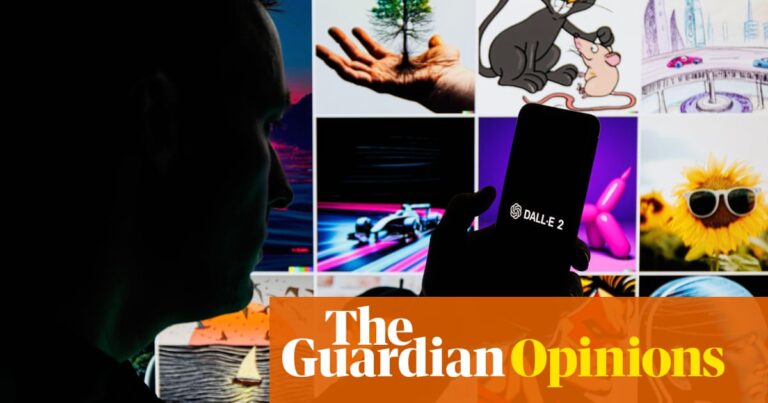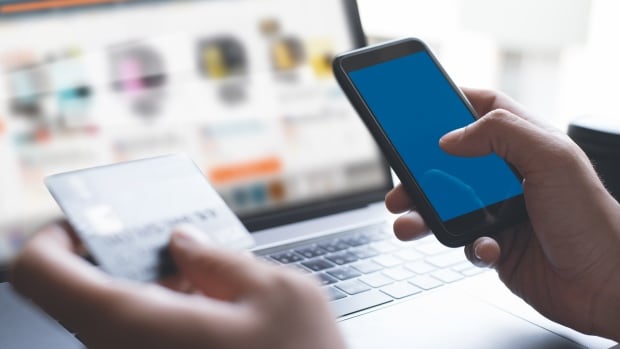

Phubbing, a term coined from “phone” and “snubbing,” refers to the act of ignoring someone in a social setting by paying more attention to a mobile device, such as a smartphone, instead of engaging with the person physically present. This behaviour often involves scrolling through social media, texting, or browsing the internet while in the company of others.
What is the Impact of Phubbing on Daily Lives
Phubbing refers to the act of paying more attention to one’s mobile device than to the people physically present in a social setting. While seemingly innocuous, the implications of phubbing on our daily lives are profound and far-reaching.
There are various ways in which phubbing influences our interpersonal relationships, emotional well-being, productivity, and overall quality of life. From strained connections with loved ones to diminished social interaction and impaired mental health, the effects of phubbing are multifaceted and demand careful consideration in today’s hyperconnected world.
Mentioned below is how phubbing impacts our daily lives:
- Relationship Strain: Phubbing can lead to strained relationships, as constant distraction from mobile devices can make individuals feel unimportant or undervalued by their partners, friends, or family members.
- Reduced Social Interaction: Excessive phubbing reduces face-to-face social interaction, hindering meaningful conversations and diminishing the quality of interpersonal relationships.
- Emotional Disconnection: Phubbing can cause emotional disconnection, as individuals may miss out on important moments and fail to provide genuine emotional support to those around them.
- Productivity Decline: In work or academic settings, phubbing can lead to decreased productivity and concentration, as individuals may struggle to focus on tasks while constantly checking their phones for notifications.
- Impaired Mental Health: Constant engagement with mobile devices due to phubbing can contribute to stress, anxiety, and depression, as individuals may feel overwhelmed by the pressure to constantly stay connected and updated.
Different Strategies to Tackle Phubbing
In a digital age where smartphones command our attention at every turn, combating the phenomenon of phubbing has become increasingly crucial. Phubbing, the act of ignoring those around us in favour of our mobile devices, not only erodes the quality of our interpersonal relationships but also detracts from the richness of our daily experiences.
Here are a few effective strategies to tackle phubbing and reclaim genuine human connection in our daily lives.
- Establish Phone-Free Zones: Designate specific areas, such as dining tables or bedrooms, where the use of mobile devices is prohibited to encourage face-to-face interaction and quality time with loved ones.
- Set Boundaries: Communicate openly with friends, family, and colleagues about the importance of minimising phone use during social gatherings or meaningful conversations to foster mutual respect and understanding.
- Practise Mindful Smartphone Use: Encourage mindful smartphone use by setting limits on screen time, disabling non-essential notifications, and prioritising in-person interactions over digital distractions.
- Lead by Example: Be a role model for responsible phone usage by actively engaging in conversations, maintaining eye contact, and resisting the urge to constantly check your phone in social settings.
- Cultivate Offline Hobbies: Encourage the pursuit of offline hobbies and activities that promote face-to-face interaction and personal growth, such as exercising, reading, or engaging in creative pursuits.
Phubbing has become a prevalent issue in today’s digital age, affecting interpersonal relationships, emotional well-being, and overall productivity. By raising awareness about the negative impacts of phubbing and implementing practical strategies to minimise phone dependency, individuals can foster healthier, more meaningful connections and reclaim valuable moments of genuine human interaction in their daily lives.
end of article






